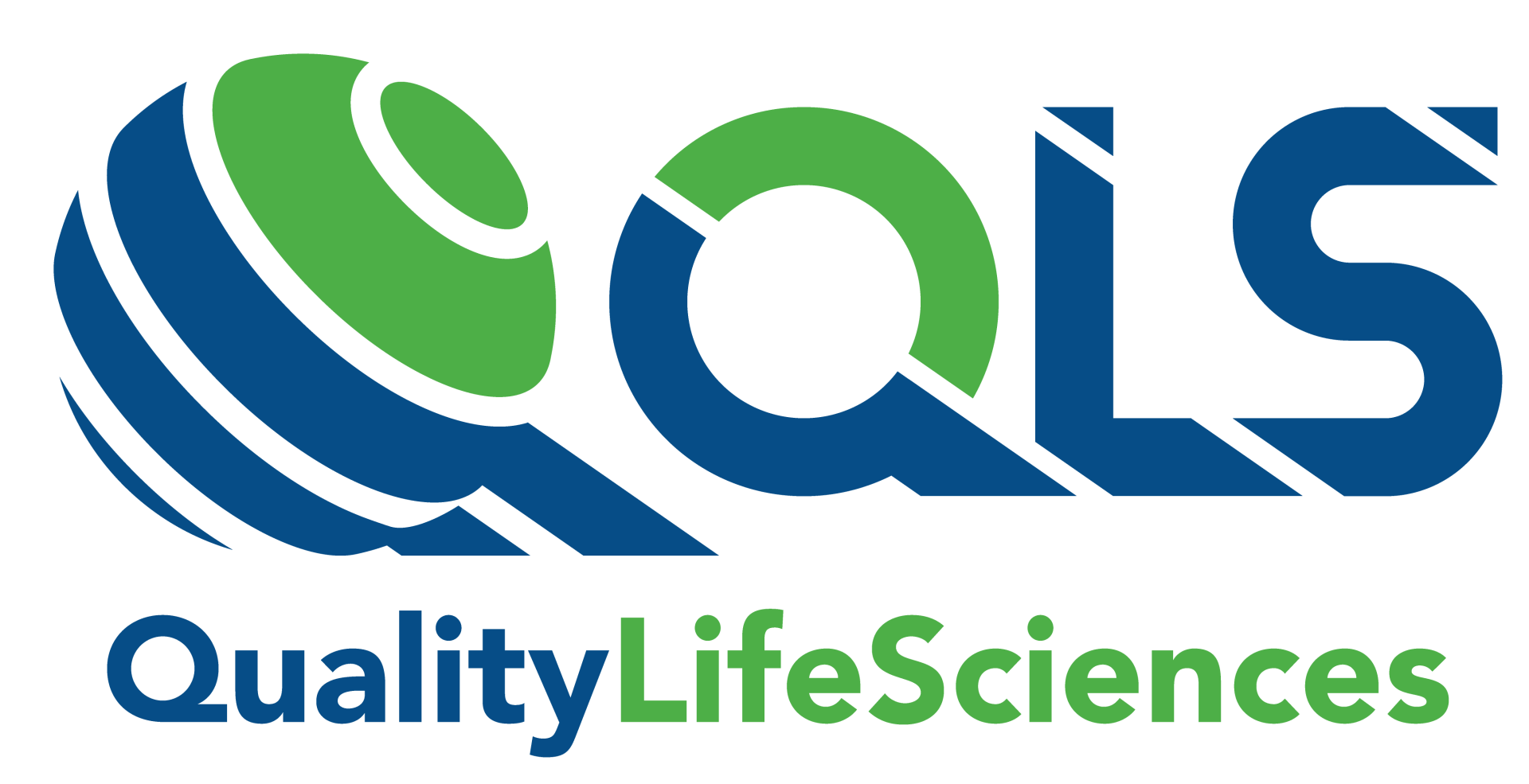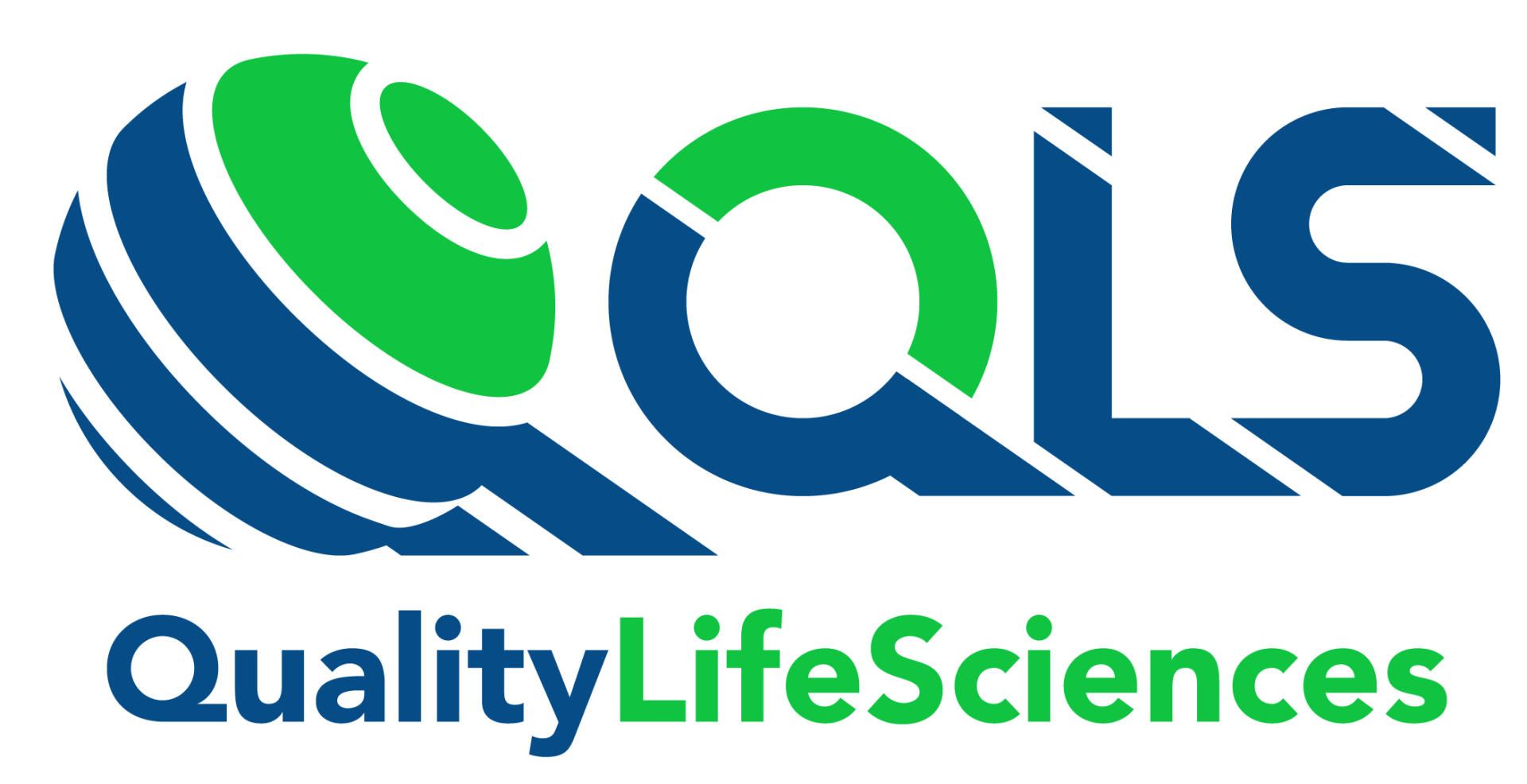Medicines
Medicines represent one of the most extensive and highlighted macrothemes in the National Health Surveillance Agency. Some of ANVISA's competencies in the area of medicines are: registration; authorization for operation and inspection of pharmaceutical laboratories and other companies in the pharmaceutical chain; analysis of patent applications related to pharmaceutical products and processes; and price regulation, through the Medicines Market Regulation Chamber (CMED). Other actions are shared with states and municipalities, such as inspection of manufacturers, quality control of medicines and post-marketing surveillance, with emphasis on pharmacovigilance and regulation of drug advertising.
For the registration of a medicine, the company must be regularized by Anvisa and registered with the Regulatory agency, must have Operating Authorization, Sanitary Permit and Certificate of Good Manufacturing Practices (CBPF), only after this process will it be able to perform the registration or notification of any medication to the regulatory agency.
In order for the registration of a drug to be granted, the manufacturer or importer must demonstrate 3 pillars: Quality, Safety and Efficacy, and all this must be proven from clinical studies, bioavailability / bioequivalence studies, dissolution profile, pharmaceutical equivalence performed in accredited centers, and other tests that are necessary according to the type of medication to be registered, always following the legislation in force in Brazil.
The presentations of the medication to be registered must be in accordance with the dosage regimen and the therapeutic indication of the medication.
All clinical studies conducted in the national territory for the purpose of registering new drugs must follow the specific legislation in force for clinical research.
The drugs are divided into classes and can be: similar drugs, similar market unique, generic, specific, new, anti-homotoxic, anthroposophical, biological, dynamized, phytotherapic and radiopharmaceuticals.
After analysis of the process by Anvisa, some technical requirement (request for clarification by Anvisa, regarding the documents and / or information provided by the company in a process or petition filed with Anvisa) may be issued and the company will have 120 calendar days to respond and then there will be the publication of the conclusive opinion in the Federal Official Gazette (DOU) on the process, which may be positive (approval) or negative (rejection).
Check out our other areas of expertise
- Medical equipment
- Personal hygiene, cosmetics and perfumes
- Sanitizing and cleaning products (Cleaning products)
- Food and food supplements
- Veterinary products






